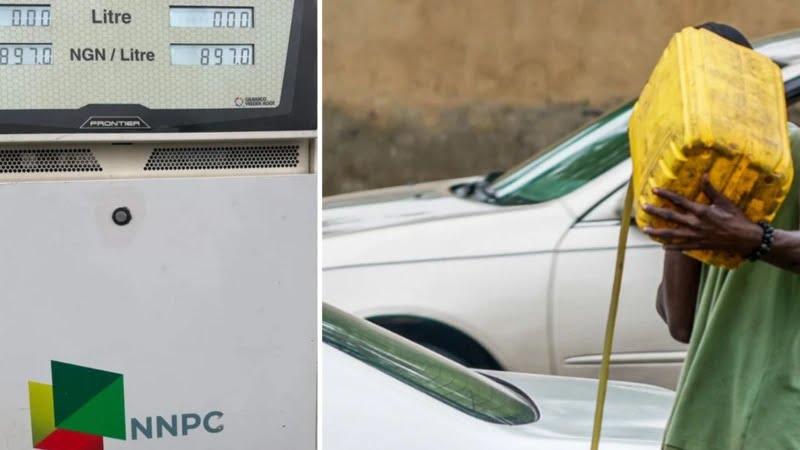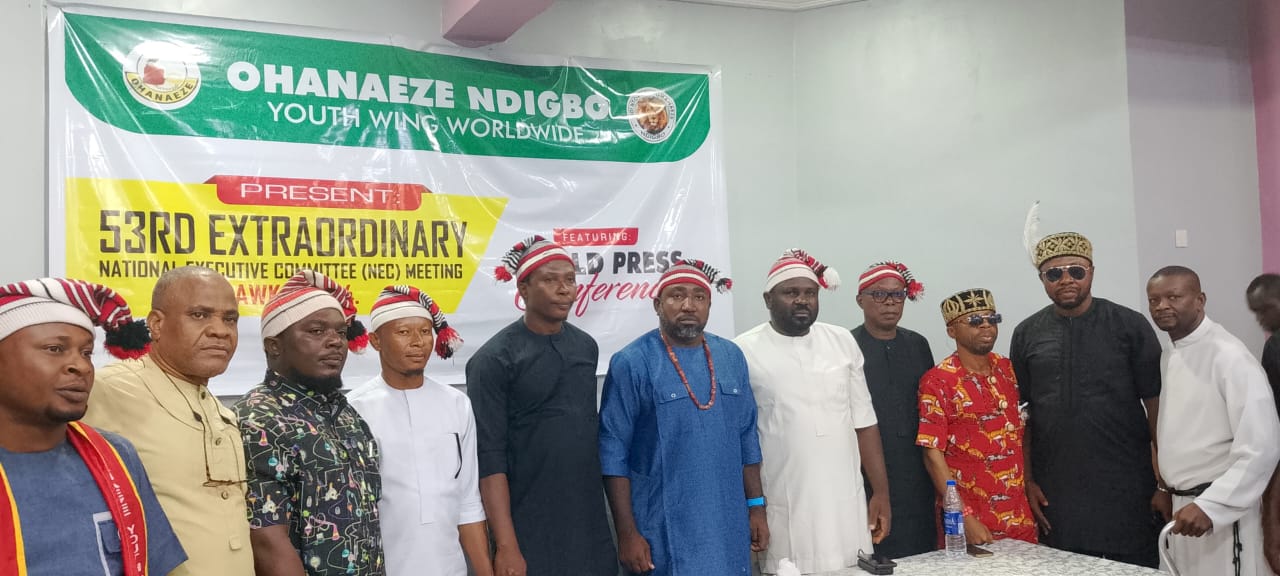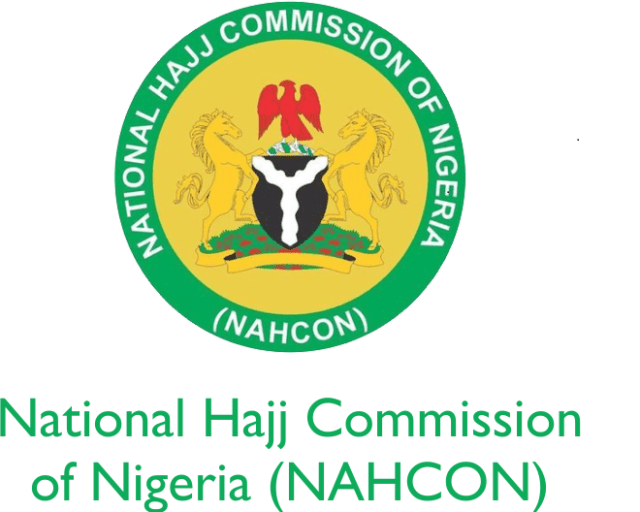FG, World Bank Showcase Gender, GBV Milestones Under TRIMING Project in Kano
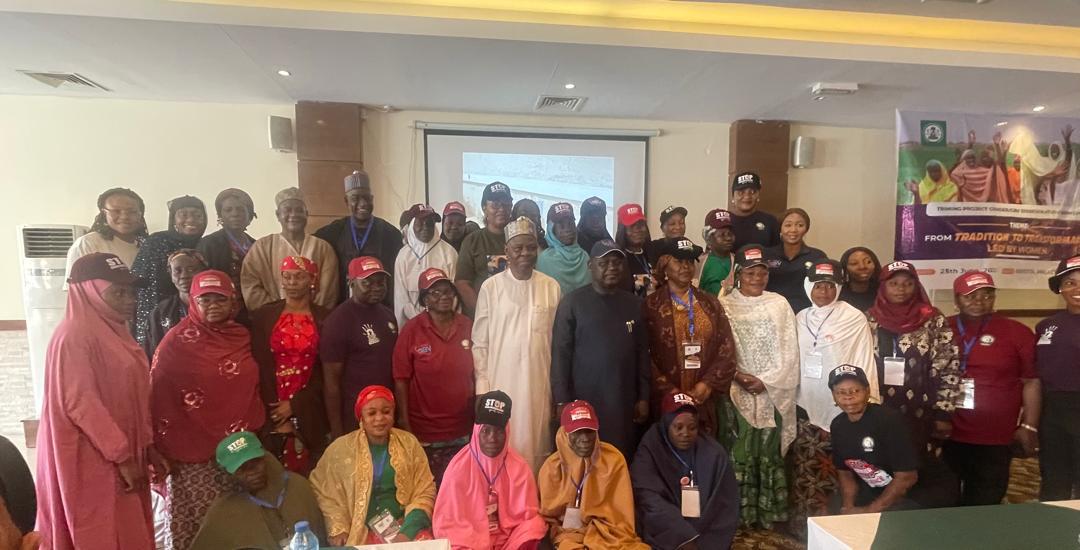
The Federal Government, in collaboration with the World Bank and key stakeholders, on Wednesday convened a high-level workshop in Kano to highlight gender mainstreaming achievements and success stories in combating gender-based violence (GBV) under the Transforming Irrigation Management in Nigeria (TRIMING) Project.
With the Themed “From Tradition to Transformation, Led by Women,” the event was organized by the Federal Ministry of Water Resources and Sanitation as part of efforts to promote inclusive development and water governance in the agriculture sector.
Delivering the keynote on behalf of the Minister, Engr. Prof. Joseph Terlumun Utsev, the Permanent Secretary, Mr. Richard Pheelangwah, said the TRIMING Project was designed to modernize irrigation infrastructure and integrate sustainable water resource management with gender equality and social safeguards as foundational pillars.
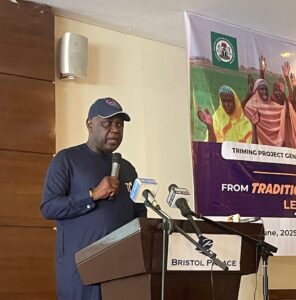
Among the highlighted achievements were the development of GBV Action Plans across all TRIMING schemes, the promotion of women’s leadership in Water Users Associations (WUAs), capacity-building initiatives for gender sensitivity, and strategic cultural change programs using local storytelling and media outreach.
Prof. Utsev applauded the role of the World Bank, the Project Monitoring Unit, and President Bola Ahmed Tinubu’s administration in advancing the project’s goals. He called for the replication of TRIMING’s gender-focused model across other national programs, stating that achieving a GBV-free society demands continued collaboration and action.
In a welcome address, Engr. Hauwa Sadique Mohammed, Deputy Director of Irrigation, reiterated the project’s commitment to equity, safety, and inclusion. She said gender concerns were embedded from the start to ensure equal opportunities and protections for women and vulnerable groups.
The Project Coordinator, Engr. Ipinlaye Olaiya, in his technical overview, stressed that gender mainstreaming is central to TRIMING’s success and long-term sustainability, not an afterthought.
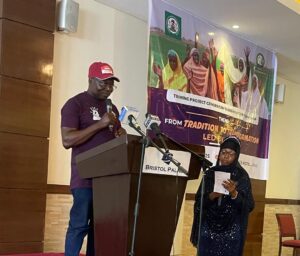
A symbolic highlight of the workshop was the presentation of official badges to Women Leaders of Water Users Associations from Sokoto Rima River Basin and the states of Jigawa, Kano, Gombe, and Zamfara—recognizing their leadership roles and reinforcing women’s visibility in water management.
The event marked a significant milestone in the ongoing national efforts to institutionalize gender equity and prevent GBV within the framework of sustainable water and agricultural development.

